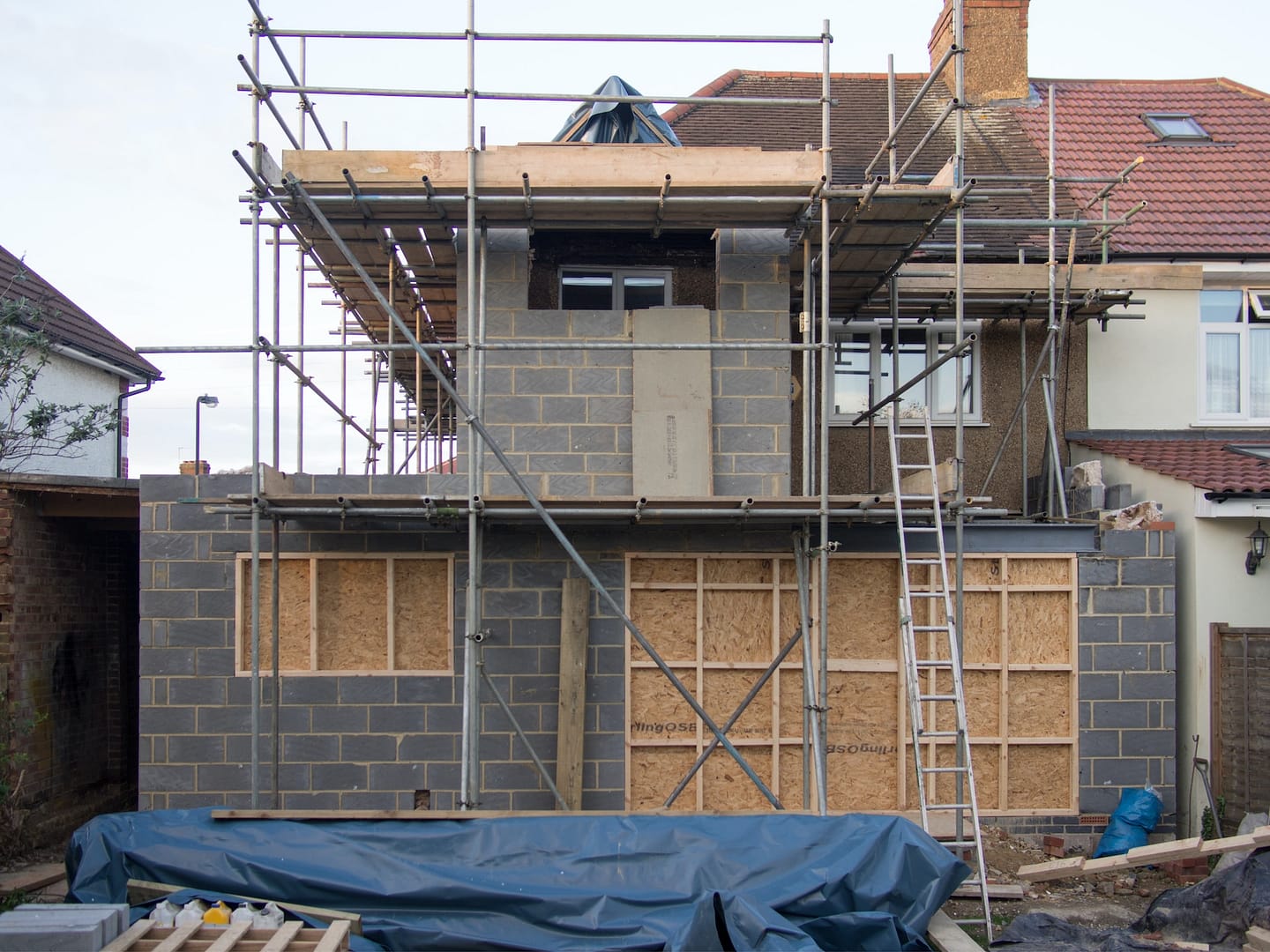Disrepair in a rental property is a common issue that tenants face, and it can make living conditions uncomfortable or even uninhabitable. If you are a tenant living in a rented property and experiencing disrepair issues, it’s important to understand your rights and how to make a claim for disrepair.
How do I claim for disrepair?
If you are experiencing disrepair in your rented property, the first step is to inform your landlord or letting agent of the issue as soon as possible. This can be done in writing, such as via email or letter, and it’s important to keep a copy of this communication for your records.
After reporting the issue, your landlord should arrange for repairs to be carried out within a reasonable timeframe. If they fail to do so, you may be able to make a disrepair claim.
What qualifies for housing disrepair?
Disrepair can cover a range of issues, including structural defects, damp and mould, defective heating or hot water systems, leaks or flooding, defective electrical systems, and pest infestations.
It’s important to note that minor issues, such as a broken light switch or a dripping tap, may not qualify as disrepair. However, if these minor issues are not fixed and contribute to larger problems, such as damp or flooding, then they may be considered part of a disrepair claim.
What defines a disrepair claim?
A disrepair claim is a legal action taken by a tenant against their landlord for failing to carry out necessary repairs. To make a successful claim, the disrepair must be deemed significant enough to warrant legal action, and the landlord must have had reasonable time to carry out repairs.
When making a disrepair claim, it’s important to keep a record of all communication with your landlord or letting agent regarding the issue, as well as any evidence of the disrepair itself. This can include photographs, videos, or witness statements.
The process of claiming for disrepair
If your landlord fails to carry out necessary repairs, you may need to take legal action to make a claim for disrepair. The process typically involves the following steps:
Contact National Claims: We specialise in housing disrepair and can provide further guidance on your rights and help guide you through the claims process.
Gather evidence: As mentioned earlier, it’s important to gather evidence of the disrepair, such as photographs or witness statements. National Claims can provide further guidance you on what evidence is needed to make a successful claim.
Notify your landlord of your intent to make a claim: Before making a claim, you should notify your landlord in writing of your intent to do so. This can help encourage them to carry out necessary repairs before legal action is taken.
Start the claims process: National Claims can help you start the claims process and file a claim with the court. It’s important to note that you may be required to attend court hearings as part of the claims process.
Receive compensation: If your claim is successful, you may be entitled to compensation. This can cover costs associated with the disrepair, such as repair costs or expenses incurred as a result of the disrepair, such as temporary accommodation.
In summary, if you are a tenant experiencing disrepair in your rented property, it’s important to inform your landlord or letting agent as soon as possible. If they fail to carry out necessary repairs, you may be able to make a claim for disrepair. To make a successful claim, it’s important to gather evidence and seek guidance from National Claims. While the claims process can be time-consuming, it can help ensure that your living conditions are safe and comfortable.
What is disrepair in housing?
Disrepair in housing refers to issues within a rented property that affect the safety, health, or wellbeing of the tenant. This can include anything from leaking pipes to broken windows to structural damage. It’s important for landlords to address these issues promptly and effectively, as failing to do so can result in legal action.

How much compensation for housing disrepair?
Determine the compensation you may receive for your housing disrepair by filling out one of our claims forms, conveniently located throughout our website.
Conclusion
In conclusion, disrepair in housing is a serious issue that can affect the safety and wellbeing of tenants. If you are experiencing disrepair in your rented property, it’s important to inform your landlord or letting agent as soon as possible and keep a record of all communication regarding the issue.
If your landlord fails to carry out necessary repairs, you may be able to make a claim for disrepair. This can be a complex process, but seeking legal guidance and gathering evidence can help increase the chances of a successful claim.
Overall, understanding your rights as a tenant and taking prompt action when issues arise can help ensure that your living conditions are safe and comfortable. Contact us at National Claims today to get a start on your claim for the housing disrepair you’ve experienced.
Note: You can only make a claim if you are currently living in social housing.
Click below to see why we are one of the most trusted claims management companies in the UK.





